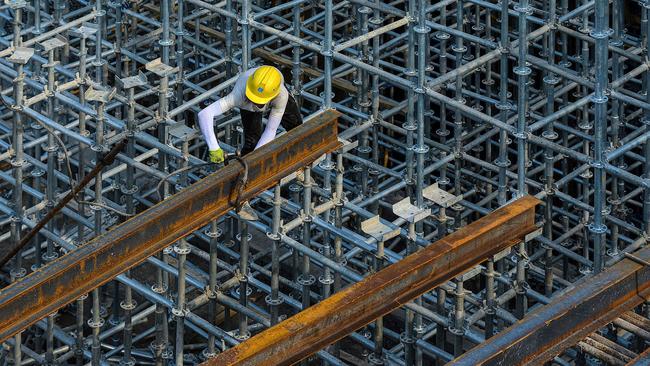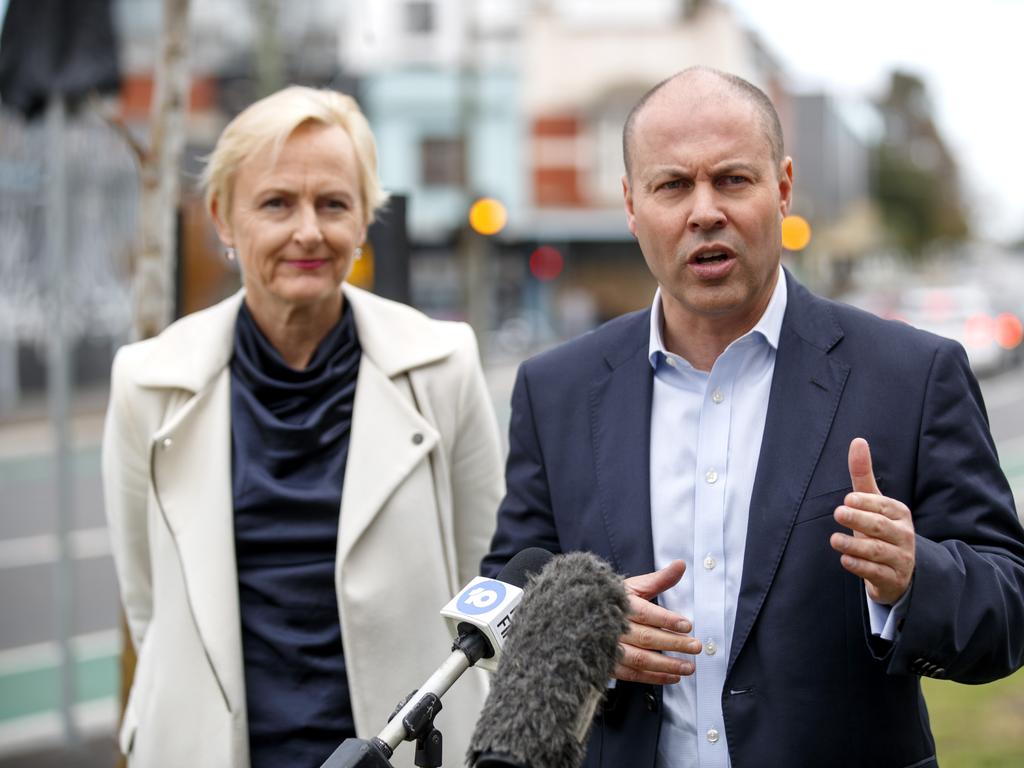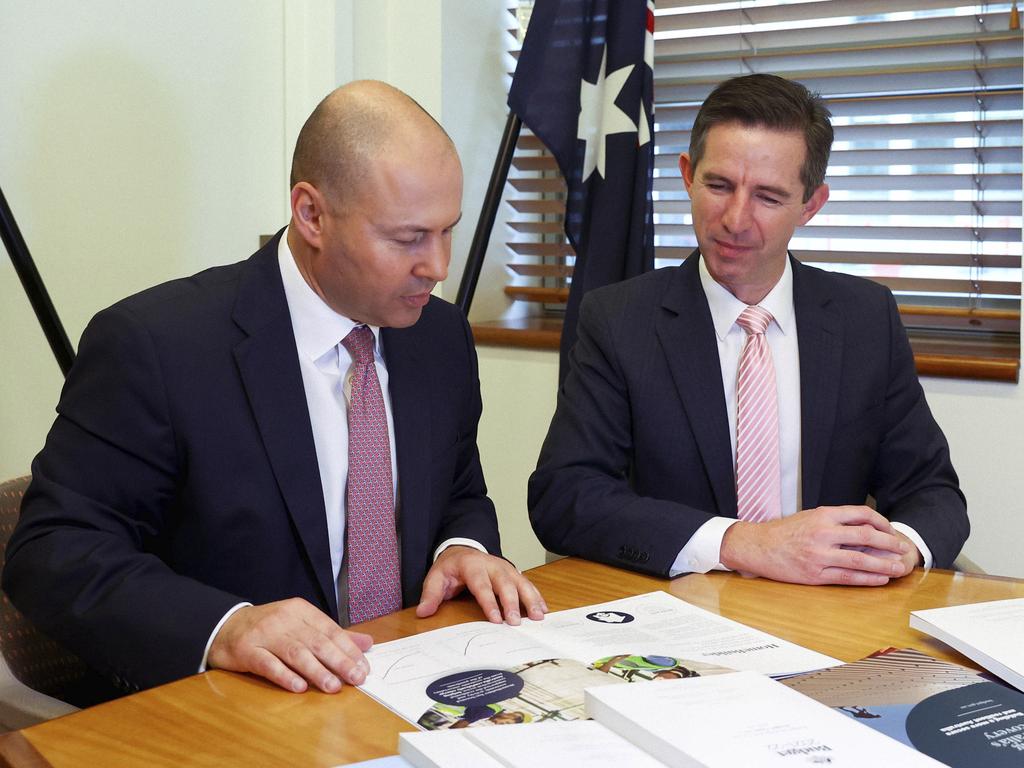
This week two alarm bells rang: first, the annual results from James Hardie, where CEO Jack Truong did not beat around the bush when he described the building trade as being in a “strong inflationary environment”.
In many ways the building materials group is a stock that captures the sort of risks and upside that combine in an inflationary environment: the stock is up 76 per cent over the past year, demand is running well ahead of the company’s ability to respond — and inflation in its business environment is undeniable.
Moreover, Truong is not just talking about inflation consequences — he’s pencilling them in. The company has put in an extra $US150m ($192m) in costs relating to raw materials and freight to its forecasts.
For local investors, Truong is the first major CEO to come out and say loudly that inflation has arrived.
Overseas, the most notable outburst has come from Warren Buffett, the world’s greatest living investor, who said at the recent Berkshire Hathaway AGM: “We’re seeing very substantial inflation. The costs are just up, up, up … it’s a red hot economy and we weren’t expecting it.”
Separately, in our local market in the same way James Hardie CEO Truong has broken ranks, Kardinia fund manager Kristiaan Rehder has broken with the pack in the money management sector. In a new client note, Rehder says: “There are certain parallels between the economic and political backdrop of today and that of the 1970s. Housing and commodities were two of the few asset classes that acted as effective inflation hedges then, and we suspect they will similarly perform strongly today.”
For now, Kardinia (a long/ short fund that is member of the Bennelong Funds group) is a voice in the minority: in the May meeting minutes of the Reserve Bank released this week, the central bank conceded that commodity price growth — especially steel in China — would push up near-term inflation, but then suggested overall price growth should be subdued.
“We have this consensus right across government and senior bankers that inflation is not a problem, that the recent lifts we have seen are just temporary. I’m not agreeing with that, I think this is going to be persistent,” Rehder says.
Active managers such as Rehder are not investing on the basis of the consensus, rather they are changing their investments to reflect what happens when inflation takes off and stays elevated — even if bond yields remain reasonable.
While hunting for opportunities among housing, property, commodity and mining service shares (the “hard assets” that investors traditionally search for when inflation ignites), Rehder reminds investors that low government bond yields and high consumer inflation can coexist for extended periods, such as occurred during the post-war boom.
Rehder points to the latest inflation print in the US where they have just had a 4 per cent inflation reading (year on year for the month of April), while US 10-year Treasury bills were near 1.6 per cent.
“That gap can continue. In fact, the spread could widen a lot more,” he says. “The gap was twice as high in leading economies after the Second World War as governments let debts run up in order to stimulate recovery just as they are doing today.”








It just might be a dam about to burst: the notion that inflation is highly unlikely to return in a significant fashion has been the consensus among economic forecasters until very recently. But the consensus is clearly at risk of breaking down as a range of alarm bells ring across the market.